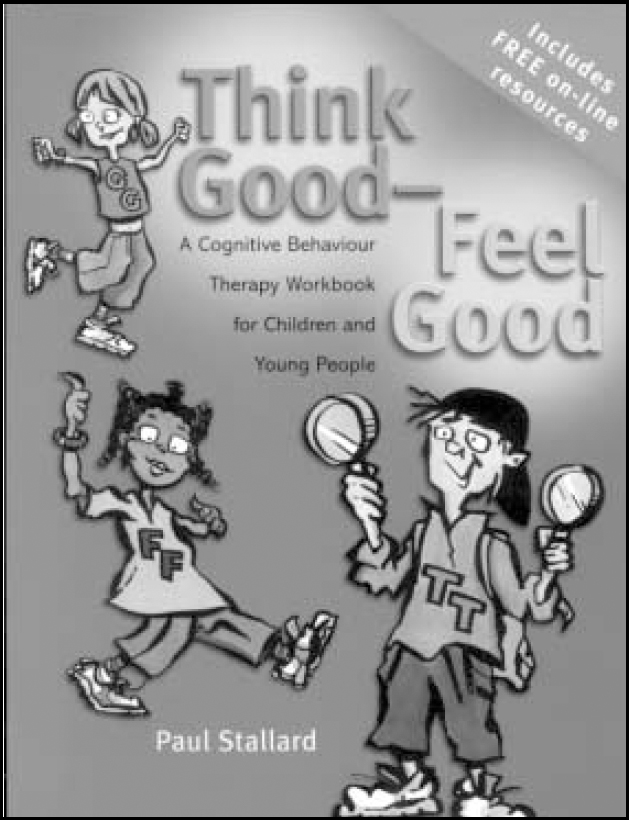
This comprehensive text covers the different aspects of cognitive-behavioural approaches for children and young people. The extent of knowledge required to claim a grasp of the art of cognitive-behavioural therapy (CBT) is apparent within this book and information is presented at the requisite depth for its target group. The book addresses theoretical aspects of CBT in a methodical format, and so acts as an aide memoire for those with some formal instruction in the science. The introductory section on CBT with children and young people usefully visits the evidence base for its strengths and weaknesses in this age group. It appropriately considers developmental perspective issues that impact on the success of this technique.
Whereas Think Good - Feel Good was not intended to be delivered systematically as a package in a standardized 10-session course, I have used it very much in that fashion with satisfaction and success, finding that the structure appealed to this age group.
It is superbly complemented by age-appropriate graphics that serve to enhance its audience appeal and make it less like another academic struggle. In addition, I particularly liked the overall dimensions, font size and page design making the book format easy to use as a template for sessions. Another strength of this book lies in the free availability of text and workbook resources through the website, which has been well received by its users. I have enjoyed using the book and experienced success with it having enriched my own clinical skill battery.



eLetters
No eLetters have been published for this article.